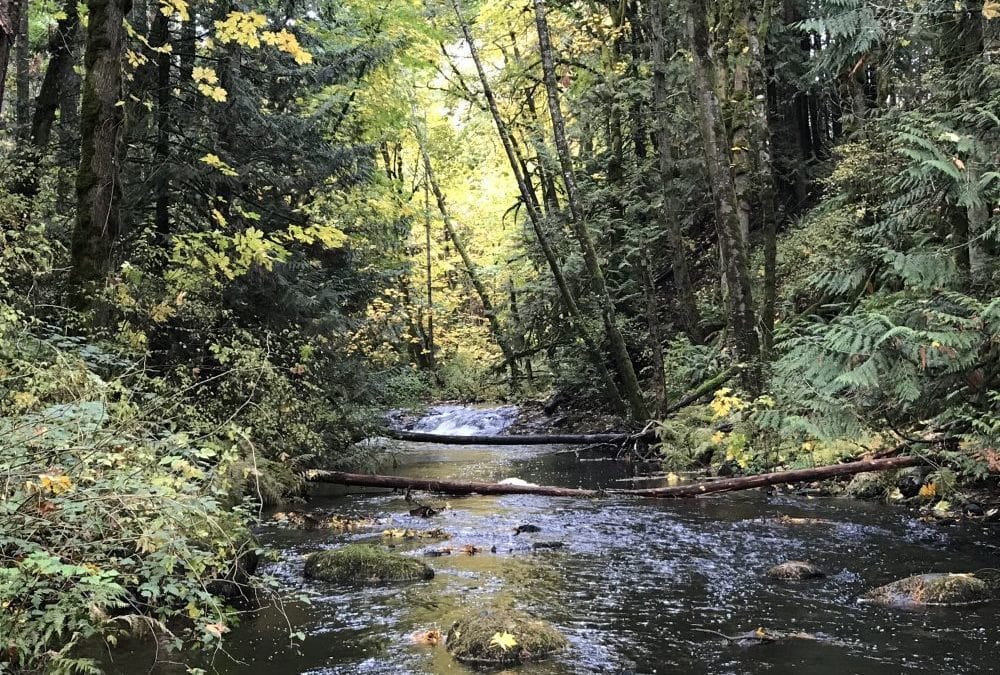Autumn has set in and in Victoria we are at the beginning of another legislative session. As an MLA I am taking this time to reflect on the work that we have done over the summer and to share some of our progress with you.
One of our main areas of focus this summer was the Professional Reliance file, which I have been working on since it first impacted my local watershed in Shawnigan Lake several years ago. Professional Reliance is a regulatory framework in which government sets the natural resource goals to be achieved and professionals hired by proponents decide how those goals will be met. This model has not adequately protected the public’s interest, as demonstrated by the threats to Shawnigan Lake’s watershed and perhaps more infamously by the Mount Polley mine disaster. These shortcomings are not only what inspired me to enter politics, they led us to push for a government response when we signed the Confidence and Supply Agreement with the BC NDP last year. The result was Mark Haddock’s independent review and subsequent report, published this June.
I found the report to be very thorough; it took into account 2,200 public feedback forms, 102 stakeholder submissions, and over 1,800 surveys from qualified professionals, in addition to reviews of other jurisdictions and current legislation. 121 recommendations emerged from this review process, along with an acknowledgement that the professional reliance model was not doing enough to protect the public interest in British Columbia. In order to better manage our resources for their ecological, economic, and social values, the report pointed out that we need better government oversight.
I was eager to hear from different stakeholders about their responses to the report and its recommendations. Given the broad scope of the review the initial reactions to the report varied greatly. I was also concerned about the actions that government would take to realize the recommendations of the report. To what degree would they enact them, and with what resources and capacity? How should government continue to engage stakeholders and experts moving forward?
In response to these questions and with the goal of seeking stakeholder input to find a common ground for protecting the public interest in B.C.’s resource management practices I convened two days of roundtables on the subject of Mark Haddock’s report. My staff and I met with approximately twenty stakeholders from environmental organizations, legal groups, industry, employee unions and community groups. I was very pleased with the collaborative and forward-looking dialogue that emerged, especially when stakeholders had different perspectives and areas of expertise. There were several key themes and priorities that were highlighted during this process, which I’ve compiled in a summary document below. I’ve also attached a link to an article in Focus Magazine by roundtable attendee Briony Penn.
Government has committed to enacting the first two recommendations of the report and as we move into the fall I am encouraged and hard at work to ensure that government oversight produces the best result for all British Columbians. I’d like to thank all of our stakeholders who took the time to speak to us about this important issue, and I hope that readers find the results of our roundtables as insightful and helpful as I did.
Taking Back Control of Resource Extraction on Public Land, by Briony Penn


